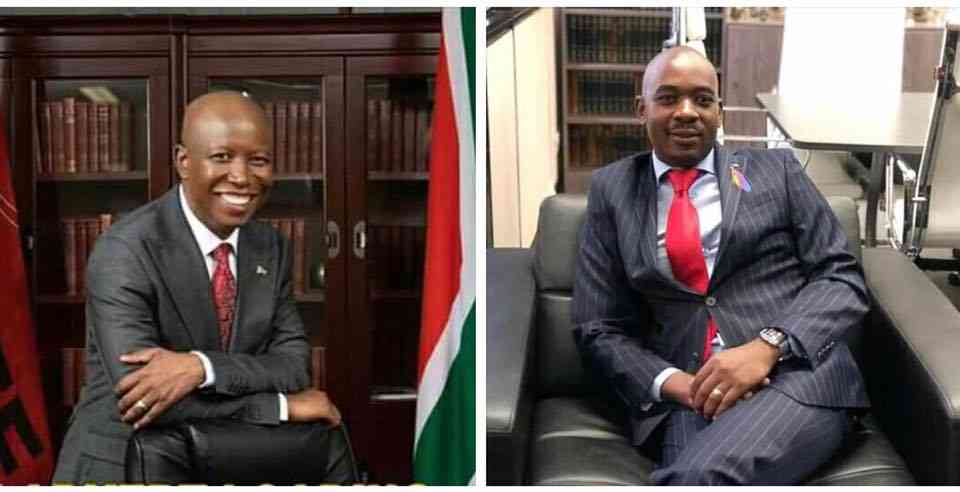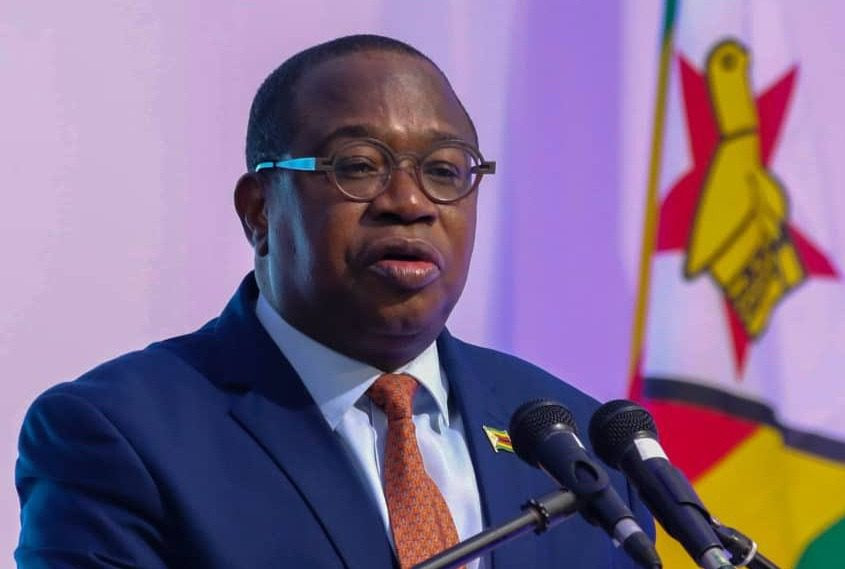
I come from a literature and drama background where characterisation was a big part of our studies.
One learnt to objectively look at different players in a story to understand them.
In prose we understood characters from different angles as part of our practice and then went on to display our understanding for academic prowess.
In drama it was about understanding a character so that one could represent them as an actor.
This went deep because it involved a deep dive into their past and their emotions.
It is in these studies that I came across the two types of characters called the flat and round characters.
The Brittanica dictionary defines the two types of characters as follows.
Flat characters are two-dimensional in that they are relatively uncomplicated and do not change throughout the course of a work.
- Young vocalist making southern Africa dance
- Business opinion: Branding in the age of entrepreneurship and industrialisation (Part 6)
- Business opinion: Branding in the age of entrepreneurship and industrialisation (Part 6)
- Plot to block Chamisa thickens
Keep Reading
By contrast, round characters are complex and undergo development, sometimes sufficiently to surprise the reader.
I think these definitions give the reader quite some material to work with already in understanding the two leaders I wish to explore today, the South African leader of the EFF political party and the Zimbabwean political leader of the CCC.
Using these definitions can assist a critical reader dissect the two leaders and decide, who takes a good percentage of the flat and, who takes a good percentage of the round.
Let us establish a few similarities that are not entirely similar at first, the first one being the fact that both belonged to two vibrant parties initially and had to break away from them and form new parties.
For Malema it was a clear case of leaving and starting from scratch, while for Nelson, it was a change of name and an invitation to the members of the MDC-T to choose mazikhethela (to freely choose).
For most of Morgan Tsvangirai followers, Chamisa was the heir apparent and they just followed him, maybe with a sense of indebtedness to Morgan because Nelson claimed that he had his blessings and people like Welshman Ncube corroborated that, saying Morgani had asked them to help the young man, (mukomana).
I am not sure if Ncube is still happy he did that.
So many do not agree with the fact that Nelson started the CCC from scratch saying that he rode on Morgan’s limelight.
Julius on the other hand looked like a loser.
He tells the story of how he pleaded with them to allow him to start from scratch and even be a sweeper if necessary but they asked him to leave.
It was against that background that the EFF was formed and just a few weeks ago we saw them fill the FNB stadium much to the chagrin of his nemesis, the ANC.
He has been described in some circles as a project manager of note.
Malema started his political journey as Zuma’s protégé and Nelson seems to have gone through two hands, that of Morgan and that of Mugabe in his later years.
We see a lot of their stamps on his actions and character but a bigger part of Mugabe’s character.
Nelson has duplicated Mugabe’s policy of handling tribalism in Zimbabwe, where the Matableland question is a difficult one and a few individuals are identified and made deputies to handle their kith and kin.
These are rewarded handsomely and do all the dirty work of handling their blood.
What happens in the bigger scheme of things is that Matabeleland remains uderdeveloped but with those few rewarded ones enjoying the gravy train privileges. Mugabe had the John Landa Nkomos, the Obert Mpofus and others, who really did not do anything for the general populace of Matabeleland, while now Nelson has had the Welshman Ncubes, the lady called Thabitha Khumalo and others.
It would seem though that these relationships have not been handled well and we see cracks in mukomana’s handling of the Mugabe structure of commodifying and handling Matableland.
So nothing new there that Nelson has done about Matableland but just letting Mugabe’s style live on.
I can imagine that mukomana must have spent some time with RG and learnt from him.
Malema having had a fallout with Zuma, went on to form his own party and has had to handle one of the most volatile subjects in South Africa, which is the question of xenophobia.
He has put his neck on the block and said he would rather not be voted for than turn his back on his African brothers and sisters.
Both Malema and Chamisa risked losing votes by taking a principled stance against a social vice.
If Nelson really sought to lead differently and tackle the Matabeleland problem and tribalism in general, yes he risks losing votes from those who would rather have things stay as they are for their privilege.
It would only take sacrificial leadership on his part to say I am taking a stance against this problem and Malema’s risks seems to be paying dividents, which means that sacrifial leadership is what Africa needs, especially if God is in it.
The xenophobic South Africans have had to learn to listen to Juju, about xenophobia even as the wave got bigger and wilder, with the Nhlanhla Luxs of our time coming up to oppose Malema’s tide. They clearly looked sponsored.
The issue here is about how a leader handles controversial and difficult subjects like these and we see Julius putting his dear neck on the block to say I would rather not lead you than allow you to work against a clear principle of oneness because we are one.
What gives Malema’s cause more weight is the fact that he is embracing foreigners while Nelson enjoys splendid isolation about tribes that are part of the citizenry and only controls them from a distance further complicating the issue.
When Malema realised that his epoch was inviting him to be a leader, he seems to have thought about what it meant to be one and went on a personal transformation journey focusing on his weight.
He shocked many, appearing in public spaces having lost quite some kilograms and prompting many to think he was sick.
Nelson has been religious and so just belived that he was a God send to deliver the people of Zimbabwe without needing to shift anything about himself.
He dresses well with bright colours like the British gentleman that Mugabe got to be associated with.
Malema has gone back to have tea with Zuma and even smoke the peace pipe with Thabo Mbeki.
We cut Nelson some slack here because we have seen him close gaps between himself and Biti, Ncube and Khuphe but again rumour has it that there is no peace right now in those circles.
I am treating a very difficult subject here and I am aware of that.
I am a good listener who loves to hear from others.
Who, based on the Brittanica definitions of flat and round characters fits neatly on any of those two in your opinion?
I might have a part two next week.
*Bhekilizwe Bernard Ndlovu’s training is in human resources training, development and transformation, behavioural change, applied drama, personal mastery, and mental fitness. He works for a Zimbabwean company as human capital executive, while also doing a PhD with Wits University where he looks at violent strikes in the South African workplace as a researcher. Ndlovu worked as a human resources manager for several blue-chip companies in Zimbabwe and still takes keen interest in the affairs of people and performance management. He can be contacted on bhekilizweb.bn@gmail.com









